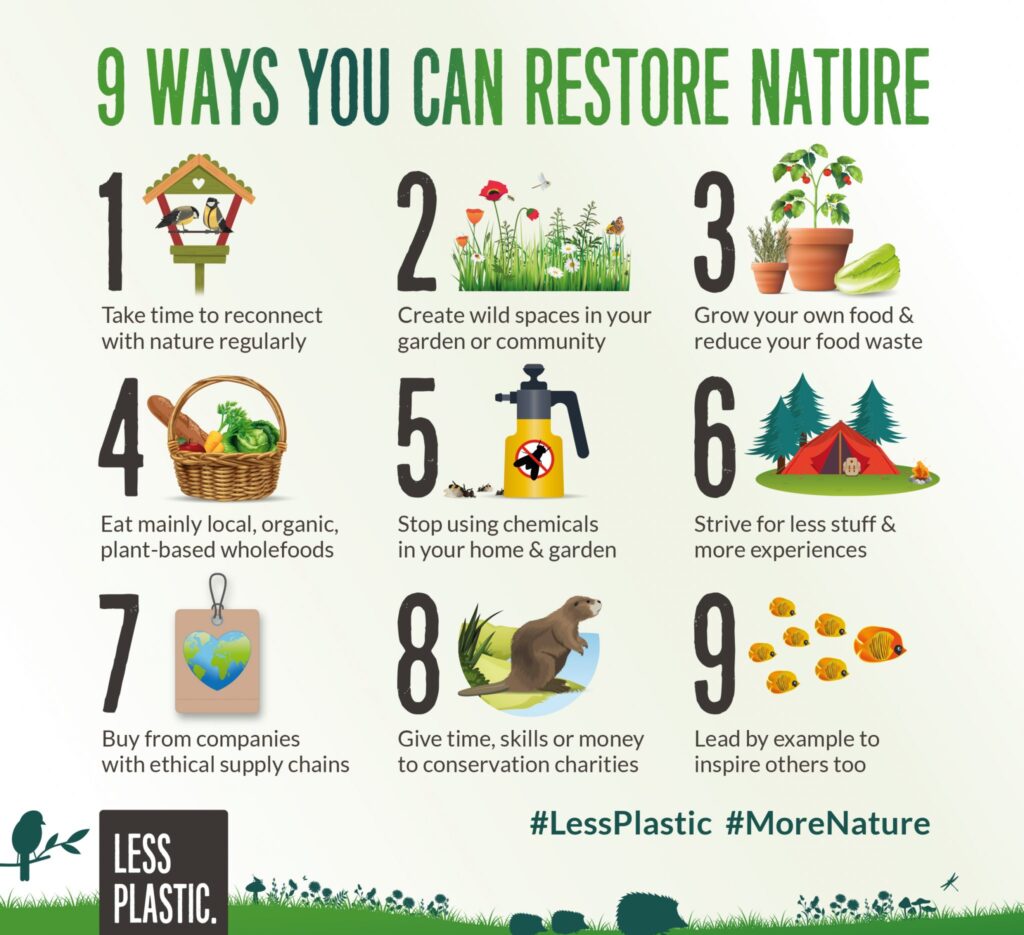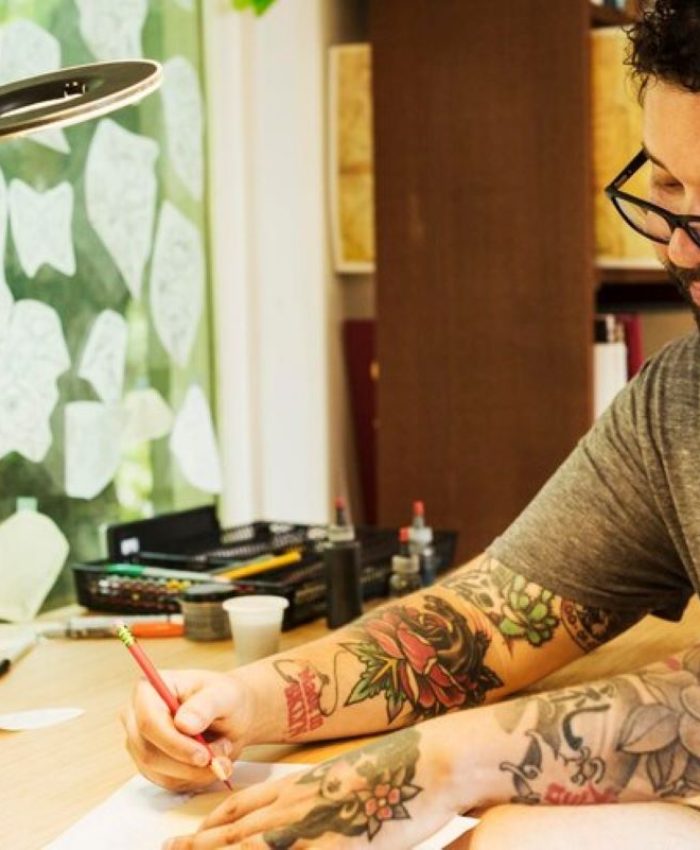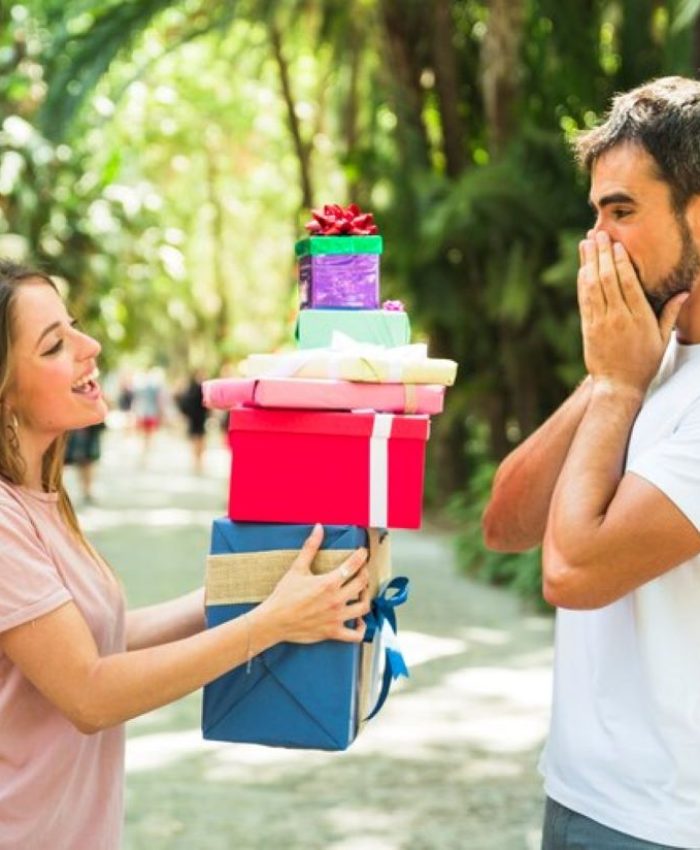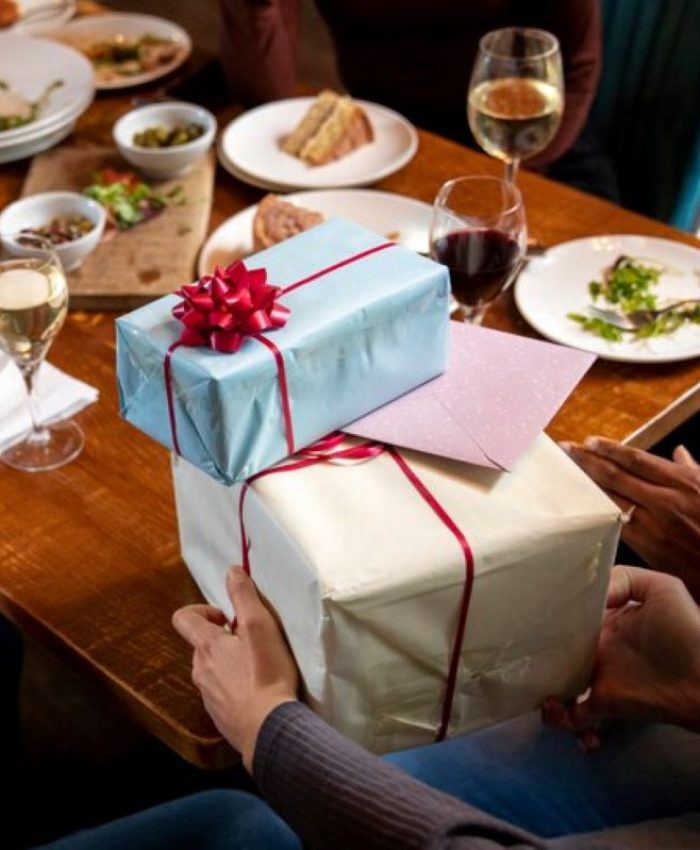
Ecological Garden
inspiration from the natural world
Ecological Garden – Where Nature Inspires
Welcome to Ecological Garden, your source of inspiration from the natural world, specializing in flowers for birthdays, Mother’s Day, and thoughtful funeral arrangements.
About Us
Discover Nature-Inspired Floral Designs
At Ecological Garden, we believe in harnessing the beauty and symbolism of flowers to celebrate life’s moments. Whether you’re looking for vibrant birthday blooms, elegant mothers day flowers arrangement, or respectful funeral flowers, our creations are crafted with care and creativity.
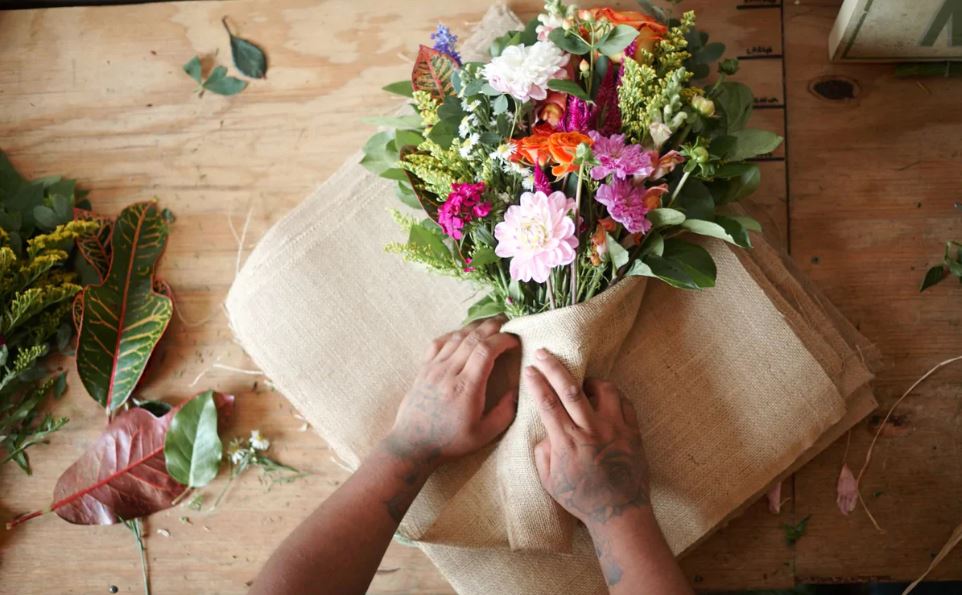
Let Nature Inspire Your Celebrations
Whether you’re celebrating a birthday, honoring mom with mothers day flowers, or commemorating a loved one’s life, let Ecological Garden be your partner in floral expressions. Browse our collection, find inspiration from the natural world, and discover how flowers can enrich your special moments.
Why Choose Ecological Garden?
Nature-Inspired
Our designs are inspired by the natural world, reflecting the beauty and diversity of flora.
Variety and Customization
Explore a wide variety of floral options and customize your arrangements to suit any occasion.
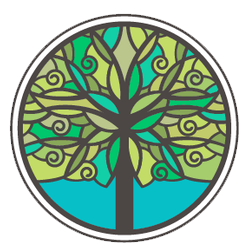
Quality and Freshness
We source our flowers from trusted growers to ensure the highest quality and freshness.
Expressive and Meaningful
Each bouquet is crafted to convey emotions and sentiments, making them meaningful gifts for every occasion.
Testimonial
What People Say About Us

I've been a loyal customer of Ecological Garden for years, and they never disappoint. Their birthday flower bouquets are always stunning and unique. The quality and attention to detail are unmatched. I appreciate their commitment to sustainability as well. Keep up the fantastic work!
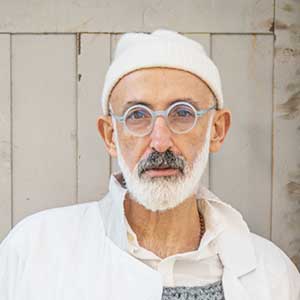
For my grandmother's funeral, I turned to Ecological Garden for a sympathy arrangement. The flowers were elegant and conveyed a sense of peace and remembrance. The team was compassionate and accommodating during this difficult time. I highly recommend their services.

I ordered Mother's Day flowers from Ecological Garden, and I was amazed by the beauty of the arrangement. The flowers were fresh, vibrant, and carefully arranged. My mom was thrilled and touched by the thoughtful gift. Thank you for making her day extra special!
Start Exploring Our Floral Creations
Explore Ecological Garden to find the perfect flowers for birthdays, Mother’s Day, or to convey your heartfelt condolences. Let the beauty of nature inspire and elevate your celebrations. Your journey into the world of floral artistry begins here.
Latest Articles
- All Projects
- Anniversary Flowers
- Body Art
- Flowers Delivery
- Funeral Flowers
- General
- Gifts Adelaide
- Green Waste Removal
- Hedge Trimming
- Perth Hampers
- Tree Pruning Services
